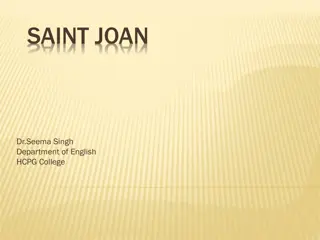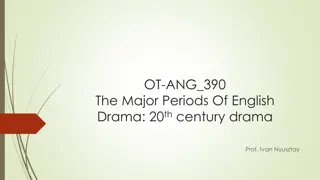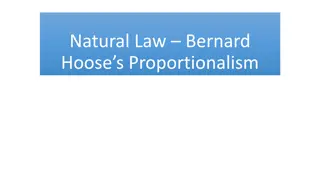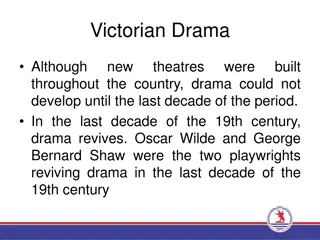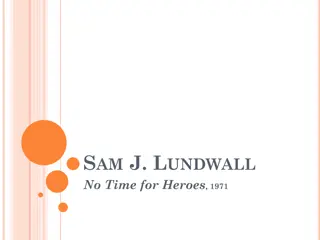Life and Career of Bernard Shaw
Bernard Shaw, a renowned playwright and critic, was born in Dublin to a challenging family life. He moved to London, where he immersed himself in self-education and became a respected music critic. Shaw's involvement in the Fabian Society and his influence from Henrik Ibsen shaped his approach to drama, incorporating political and social commentary into his plays.
Download Presentation

Please find below an Image/Link to download the presentation.
The content on the website is provided AS IS for your information and personal use only. It may not be sold, licensed, or shared on other websites without obtaining consent from the author.If you encounter any issues during the download, it is possible that the publisher has removed the file from their server.
You are allowed to download the files provided on this website for personal or commercial use, subject to the condition that they are used lawfully. All files are the property of their respective owners.
The content on the website is provided AS IS for your information and personal use only. It may not be sold, licensed, or shared on other websites without obtaining consent from the author.
E N D
Presentation Transcript
Faculty of Arts Year 2 Comparative literature Shaymaa A. Shahine
Codes of Conduct Phones are not allowed Start 12 to 1.30 p.m. Doors closes 12.10 p.m. What is in it for you? Listening, Reading and Critical thinking Volunteers for Reflection Tree Question Bank
Bernard Shaw (1856 1950)
Life Born in Dublin where life was still rural, simple, and poor to an alcoholic father, whom he did not trust And an ambitious mother who worked as a singer and a performer. Shaw admired her a lot Shaw, a sensitive boy, found the less salubrious parts of Dublin shocking and distressing, and was happier at the cottage. Between 1865 and 1871, Shaw attended four schools, all of which he hated. : "Schools and schoolmasters", he later wrote, were "prisons and turnkeys in which children are kept to prevent them disturbing and chaperoning their parents. In October 1871 he left school to become a junior clerk in a Dublin firm of land agents, where he worked hard, and quickly rose to become head cashier.
Life Ireland was a country to leave, its economic, political and social hardships led many to leave among whom was Shaw In June 1873, Shaw left Dublin for London and never returned. In London, his mother taught music and supported him for ten years. Eventually Shaw was driven to applying for office jobs. In the interim he secured a reader's pass for the British Museum. Reading Room (the forerunner of the British Library) and spent most weekdays there, reading and writing.
Career In London, he embarked on a rigorous process of self- education during his work at the museum In 1884 and 1885, through the influence of his mother s best friend, Shaw was engaged to write book and music criticism for London papers, as ghost-writer For the next four years Shaw made a negligible income from writing, and was subsidised by his mother. He had become a respected music critic He first joined the Marxist Social Democratic Federation. However, he realized change need patience and parliamentary reform not revolutionary act. In 1880 s, he joined the gradualist Fabian Society and became its most prominent pamphleteer. Influenced by Henrik Ibsen, he sought to introduce a new realism into English-language drama, using his plays as vehicles to disseminate his political, social and religious ideas.
Career Shaw most admired William Morris and John Ruskin, and he sought to follow their precepts in his criticisms. Their emphasis on morality appealed to Shaw, who rejected the idea of art for art's sake, and insisted that all great art must be didactic. Ibsen as he believed is the enemy of idealism. He aimed at destroying Illusions and revealing truth about society. he struggled to establish himself as a writer and novelist His first completed novel, Immaturity (1879), was too grim to appeal to publishers and did not appear until the 1930s. In rapid succession he wrote two more novels: The Irrational Knot (1880) and Love Among the Artists (1881), but neither found a publisher; each was serialised a few years later in the socialist magazine Our Corner.
Career His first attempt at drama, begun in 1878, was a blank- verse satirical piece on a religious theme. It was abandoned unfinished, as was his first try at a novel. Shaw had been writing plays for years before his first public success as a dramatist. In 1894, Shaw's Arms and the Man, a mock- Ruritanian comedy satirising conventions of love, military honour and class, brought him financial success. Candida, which presented a young woman making a conventional romantic choice for unconventional reasons, received a single performance in South Shields in 1895 In 1897 a playlet about Napoleon called The Man of Destiny had a single staging at Croydon. The historical melodrama The Devil's Disciple
By the early twentieth century his reputation as a dramatist was secured with a series of critical and popular successes that included Major Barbara, The Doctor's Dilemma and Caesar and Cleopatra. The Doctor's Dilemma (1906), a mostly serious piece about professional ethics Caesar and Cleopatra, Shaw's counterblast to Shakespeare's Antony and Cleopatra
Awards Win Nobel Prize for Literature he has regularly been rated as second only to Shakespeare among British dramatists; In 1938 he provided the screenplay for a filmed version of Pygmalion for which he received an Academy Award.
Political and Social Concerns In 1880 s he joined the gradualist Fabian Society which later he renounced in 1920 s in favour of dictatorships of the right and left he expressed admiration for both Mussolini and Stalin. denouncing both sides in the First World War The Fabian Society is a British socialist organisation whose purpose is to advance the principles of democratic socialism via gradualist and reformist effort in democracies, rather than by revolutionary overthrow
References The Truth About Pygmalion by Richard Huggett, 1969 Random House. "The Modest Shaw Again: Explains in His Shrinking Way Why "Pygmalion" Was First Done in Berlin ;- Critics Like It". New York Times. 23 November 1913. "Pygmalion, His Majesty's Theatre, 1914, review". The Telegraph. 11 April 2014. "The Story Of "Pygmalion."". The Times. 19 March 1914. Retrieved 19 September 2016 via Gale. Evans, T.F. (ed.) (1997). George Bernard Shaw (The Critical Heritage Series). "The Instinct of An Artist: Shaw and the Theatre." Catalog for "An Exhibition from The Bernard F. Burgunder Collection," 1997. Cornell University Library "The Project Gutenberg E-text of Pygmalion, by George Bernard Shaw"
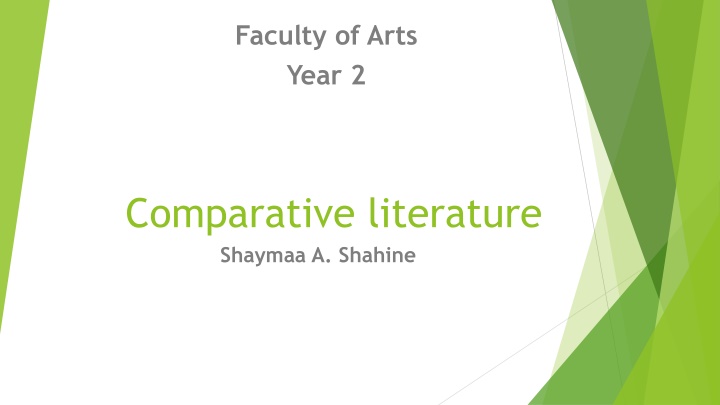

![❤[PDF]⚡ Civil War Talks: Further Reminiscences of George S. Bernard and His Fel](/thumb/20551/pdf-civil-war-talks-further-reminiscences-of-george-s-bernard-and-his-fel.jpg)






